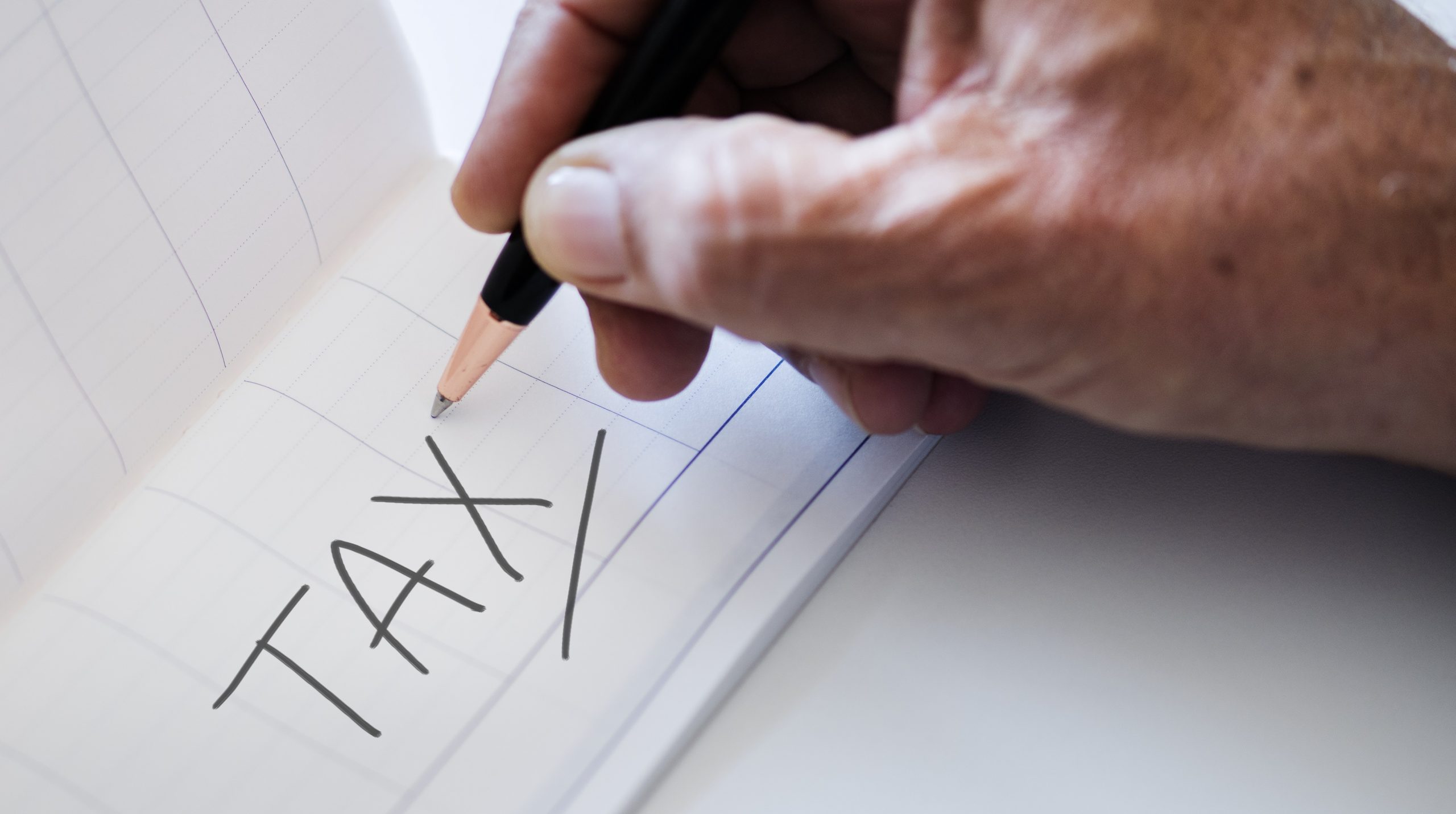Deputy Prime Minister Lawrence Wong announced recently that the country would proceed with the planned Goods and Services Tax (GST) hike in the coming years, as this is the “more responsible approach” to the global inflation outlook.
GST is scheduled to increase from 7 to 8 per cent in 2023 and to 9 per cent in 2024.
“I understand the concerns that people have about raising the GST rate at a time when inflation is high, and the desire to defer the GST increase until a situation when inflation may be better,” said Mr Wong.
However, he explained that inflation was not going back to the “very low rates” the country was used to over the past decade.
It was reported that Singapore’s core inflated reached decade highs in 2022, resulting in the central bank tightening monetary policies for the fifth time since October 2021.
The new normal will be “a much higher rate of inflation than we were used to in the past,” said Mr Wong in a Channel News Asia report on Friday (Oct 14).
He added that the inflation outlook also remains uncertain, citing a possibility of a protracted Russian invasion of Ukraine, causing more disruptions to food and energy supplies.
“While we have this uncertain inflation outlook, our spending needs are very certain. They are just going up year by year,” said Mr Wong.
“It’s going to be very hard for us to time our revenue-raising measures with the uncertain inflation outlook. So we think, having looked at the matter, that a more responsible approach is to proceed with the GST increase so that we can secure the revenues we need for our growing expenditure needs,” he explained.
Meanwhile, he noted that the impact of the GST increase would be cushioned on Singaporeans, especially the lower- and middle-income groups.
Mr Wong highlighted that the higher-income Singaporeans, foreigners, and tourists would be paying an additional GST increase.
More details will be revealed in the next Budget, he noted.
Responding to Mr Wong’s statements, netizens agreed that those in the lower-income bracket would end up paying more.
“It is a fact GST is a regressive tax. The poor pay more as a percentage of their income than the rich. Responsible? Taking more money from public in such difficult times is nothing short of irresponsible,” commented Facebook user Gary Tan which got nearly 100 likes.
One Mohd Gaddafi explained that “the poor spend a higher percentage of their income on essentials. It’s a regressive tax, regardless. They don’t want to remove it on essential items, unlike other countries.”




Facebook user Richard Lim wondered if it was a better approach for all low-income and middle-class Singaporeans to receive a GST refund and not the tourists, foreigners and higher-income citizens. “I think this should be more effective.” /TISG

